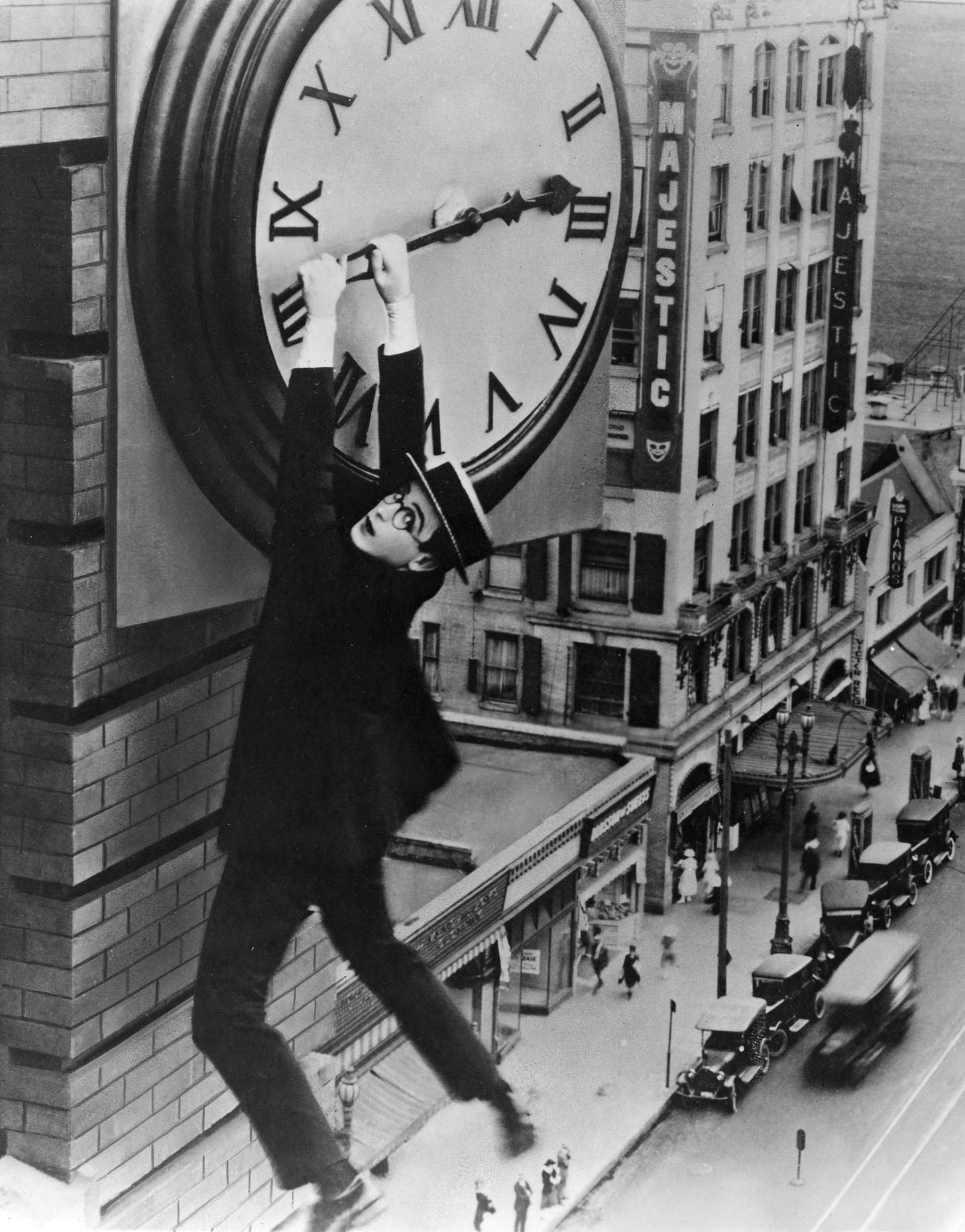Here’s one for the next time a waiter—having taken you through the specials—wants to know if there are any questions. “Yes...Which country has more time zones, New Zealand or China?”
The answer, as you know, is New Zealand. We have two time zones (New Zealand Standard Time and Chatham [Islands] Standard Time, 45 minutes ahead). Vast China only one: has had since 1949, when Mao Zedong standardised the whole country to Beijing time. It’s crazy: in Urumqi, capital of China’s most western region—a city of 3.5 million people—the winter sun doesn’t rise until half past ten. In summer, sunset is not until nearly midnight. Not surprisingly, many there ignore Beijing and operate on ‘local time’. It's politics, of course: after the revolution, a single time zone was symbolic of China being one unified country, with the Communist Party as the ‘sole legal government.’
In his book About Time1, historian David Rooney explores the ways in which clocks have become instruments for governing people, and controlling human behaviour. Local time, for example, became a problem in Victorian Britain, because they wanted to restrict the hours of sale of liquor, and so they needed all the pubs to keep the same hours. ‘Local time passed into history…because 1870s anti-alcohol reformers wanted to use clocks to police their moral crusade.’
He takes us further back, to 14th Century Siena, and a painting by Lorenzetti depicting the virtue Temperance. She’s holding an hourglass, a warning that the sands of time were running out. The message, Rooney says, was clear: ‘By carefully measuring and using the time that had been given to us—by being disciplined, by restraining our excesses—we would be living virtuously. A temperate life was a better life.’
No more sitting on the dock of the bay, Otis, ‘wasting’ time.
Instead of sand, Oliver Burkeman measures the time given us in weeks: if you live to be eighty, you’ll have had about four thousand weeks. And so his book2 is an exploration of how to make the best use of that time. Not managing time—‘nobody in the history of humanity has ever achieved ‘work-life balance’, whatever that might be, and you certainly won’t get there by copying ‘the six things successful people do before 7 a.m.’—but rather by giving time to the things life is really supposed to be about.
For Dr Hinemoa Elder3 , life is ‘a continuous quest for calm, happiness and peace’ and Burkeman suggests this quest starts with accepting there will always be too much to do and so the only viable solution is to make a shift: from a life spent trying not to neglect anything, to one spent proactively and consciously choosing what to neglect.
Which—perhaps surprisingly—leads us to Marie Kondo. Not because you must find time to tidy your socks, but because fundamental to the KonMari method is living among items you truly cherish: in other words, deciding what to focus on and what to neglect, which for her means giving thanks for, and then discarding. So Marie’s advice, applied to choosing what to devote your time to, would be, “Ask yourself if it sparks joy.”
But let’s give the last word to Eckhart Tolle4, because he summed it all up like this, ‘The only thing that is ultimately real about your journey, is the step you are taking at this moment. That’s all there ever is.”
And those are our specials for today.
(With a side of thanks to those who ‘shared’ last week’s post!)
About Time. A History of Civilization in Twelve Clocks.
Four Thousand Weeks. Time and How to Use It.
Aroha. Maori wisdom for a contented life lived in harmony with our planet.
The Power of Now. A guide to spiritual enlightenment.


